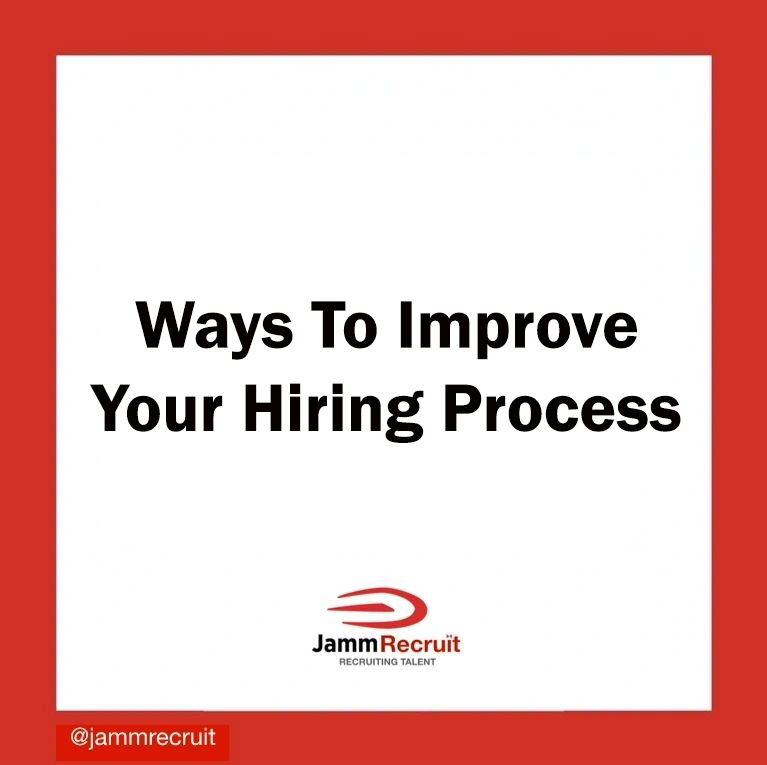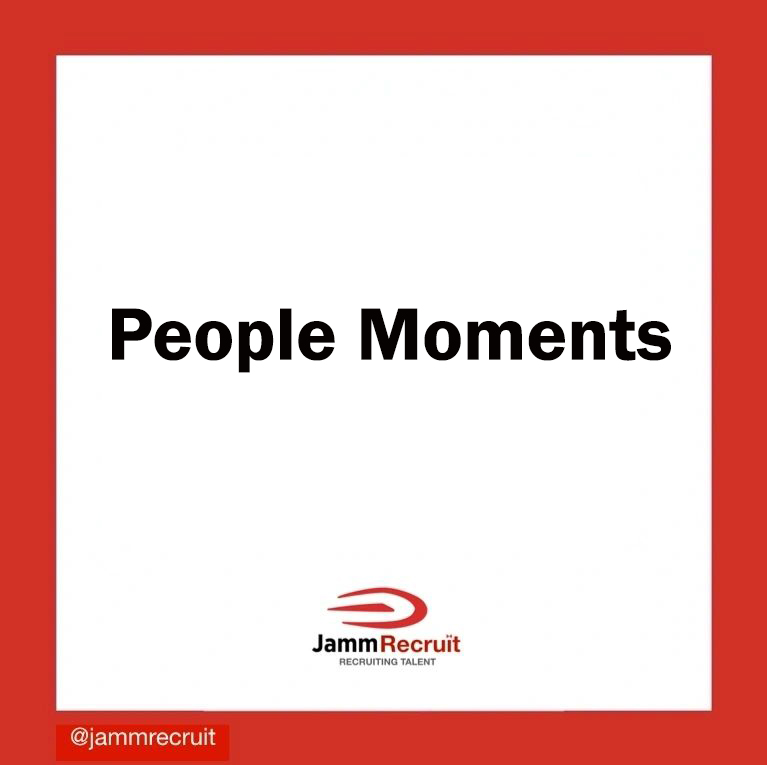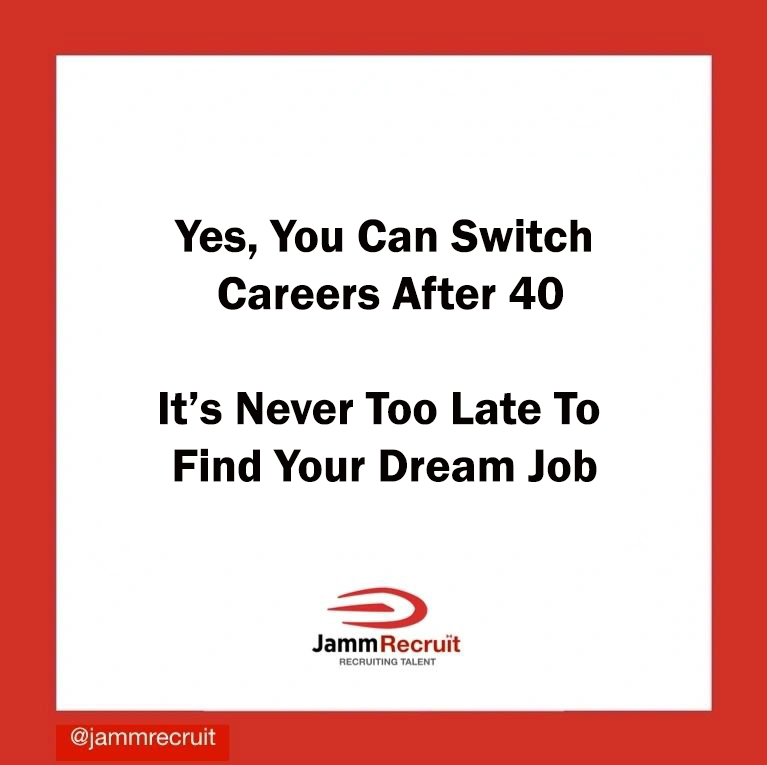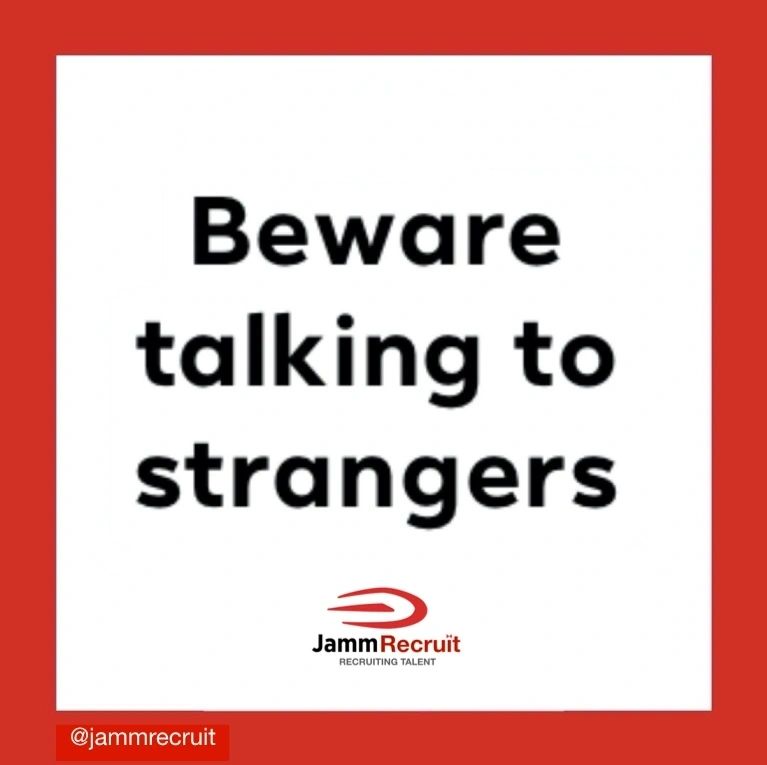
Ways To Improve Your Hiring Process 
Hiring the right staff has never been more important or more challenging than it is now. While the global health crisis is hopefully winding down, life isn’t going back to what it once was. Many employees are now used to working at home and like the lifestyle changes. Some have even used the pandemic to rethink their priorities and reassess career choices.
According to the August 2021 North America Talent Attraction and Retention Survey, nearly three in four employers (73%) are currently having difficulty attracting employees, nearly triple the number (26%) who reported difficulty the year before, and up from 56% during the first half of that year. Roughly the same percentage of employers (70%) expect hiring challenges to continue in 2022.
Retaining employees has also been challenging. Six in 10 respondents (61%) are having a hard time keeping workers, and a similar percentage expect the problem to continue into next year. Last year, only 15% of employers reported having difficulty retaining employees.
In short, the “great resignation” has created a big problem for companies who need to build up staff, but there are steps you can take improve your hiring process and assemble the stellar team you want. It’s important to get this right. Recruitment and retention are perhaps the most important functions of your company’s human resources department, and some would say your company as a whole. Finding the right sales and management talent can lead your company to revenue and profit success, whereas the wrong people or team can lead to disaster and even ruin.
So, what can you do to insure you get it right?
- Review your hiring process.
As companies evolve with new technologies and product offerings, your recruiting and hiring process needs constant updating as well. Make sure your interview process is reviewed and fine-tuned constantly. Candidates will judge your company by how they have been treated during the recruitment and hiring process. What has the candidate experience been like? Are you evaluating what skills and experience future hires will need? Are you responding to potential employees in a timely and professional manner or are you ghosting them? Your brand reputation is on the line. Don’t tarnish it by executing a poor hiring process.
- Know what you’re looking for with a proper job description.
Bring clarity to the process with a well-defined and thought-out job description. Be clear about the role and responsibilities you, and everyone involved in the hiring process, are looking for. The job description should be based on key responsibilities and growth opportunities within the position and company, not just a shopping list of required experience. Have a good understanding of what are you really looking for, not just a wish list, and what you have to offer potential employees. Know exactly what the ideal skill sets and experience are that will be needed to excel in the position. Make sure you leave room for flexibility; the best candidate may not tick every box. Start with a clear idea of what the role needs to achieve before you start the interview process. This will save you time and money.
- Have a competitive total compensation package.
Be clear ahead of time about what you’re willing to offer in compensation and benefits. Besides salary, what else are you offering potential employees? The competition for talent is fierce so your expectations for salary and perks may need a reset. Employers indicated in the survey that higher wage expectations are affecting their ability to attract and retain employees in all positions. It is a candidate-driven market at the moment. Gone are the days when companies feel that candidates should be privileged to work for them. Don’t think of employees as a line-item expense. They are the KEY to your success or failure as a company and should be treated as such.
- Interview with standardized behavioral-based questions.
Job interviews are your first interaction with candidates, and they set the stage in many ways. When done properly, interviews provide an opportunity to get a good understanding of more than just past work experience and degrees, but goals and aspirations.
Have a standard set of behavioral-based interview questions that all candidates will be asked. This will give you a better understanding of what they have done and why, as well as ensuring that you are bringing equanimity to the process and enhancing the diversity of your company.
- Be prepared, don’t wing it.
CVs are important so spend some time really reading them, Go beyond looking at the title and number of years in a role. Are the skills transferable? Also, not just look the CV and do some research on the candidate before the interview when possible. It’s wise to use this in-person meeting to go beyond their background and what they have done but look ahead as to what they will do in the next 3 , 6 , 9 and 12 months, and beyond. Ask them what they can bring to your company, why and how.
- Choose the best person for the role, not the one you like.
When the interview is over, choosing the right candidate is crucial and perhaps the most difficult part of the process. A candidate who interviews poorly could be the one who would excel at the job, while others can interview great and still be completely wrong for the Position. Consider the applicants carefully and to avoid personal bias. Don’t hire people just because you like them, you can “relate” to them, or you have a “gut feeling” about them. You want to hire right for the role.
- Use a professional to help you get it done Correctly.
You go to a doctor or lawyer when needed, why not a recruitment professional?
Recruiters can find and attract the best people. They can talk to talent who are actively looking for a new role, as well as the passive candidates you can’t get to these are the ones who are not really looking, but are open for the right opportunity, and those who are working for your competition. A good recruiter can walk you through the pros and cons of each applicant objectively and facilitate valuable tools such as the Winslow Assessment system, a human behavior assessment tool used for employment and retention. Winslow is used at the beginning of the recruitment process to help you get the right person into the right role and to weed out potential low performers before they get hired. Thus, saving you time and money.
According to a survey of 572 HR leaders in July 2021 by Gartner, Inc., 91% of HR leaders are increasingly concerned about employee turnover in the coming months. Another Gartner survey of 1,609 candidates between May and June 2021 found that nearly half of today’s applicants are considering at least two job offers simultaneously.
So, how can you implement new and innovative ways to attract and retain experienced and skilled employees, now and into the future?
There are plenty of ways to improve your hiring process. Contact JammGroup today to find out more about how to recruit and train the best staff for your company.
By Robert Williams
Robert Williams has 20 years’ experience as an Executive Recruiter in Asia. He is the owner of two Executive Search firms, is an accredited JammTrain coach, a faculty leader at JammRecruit, and a Winslow Consultant. He is based in Hong Kong.






